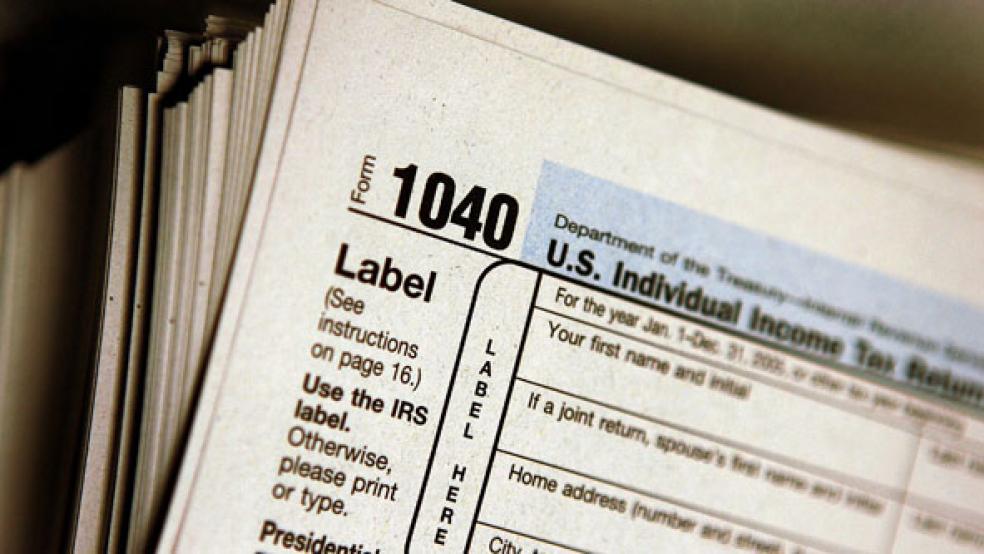In a procedural vote Wednesday, the House rejected a bill that would double the state and local income tax (SALT) deduction for some filers. The vote was 195-225, as 18 conservative Democrats joined a larger group of conservative Republicans to reject the rule governing debate on the bill.
Ever since the 2017 fiscal legislation signed into law by former president Donald Trump put a $10,000 cap on the SALT deduction to help offset the cost of tax cuts, lawmakers from relatively high-tax states including New York, New Jersey and California have been pushing to restore the full value of a tax break that primarily benefits residents of affluent areas. Speaker Mike Johnson agreed to hold a vote on the latest SALT deduction bill as part of the effort to build support for the $78 billion tax package that passed the House earlier this month.
Sponsored by Rep. Mike Lawler, a Republican from New York, the bill would raise the SALT cap to $20,000 for joint tax filers earning less than $500,000 a year, applicable to the 2023 tax year. Although the effort to raise the SALT cap has been bipartisan in the past, Democrats shied away from Lawler’s bill, with Rep. Josh Gottheimer and Mikie Sherrill, both from New Jersey, withholding their votes.
The bill has little support from policy experts on both the left and the right. “Increasing the SALT deduction cap alongside this deal without an adequate offset would mean abandoning this principle and would weaken the tax code in the process,” analysts at the fiscally hawkish Committee for a Responsible Federal Budget wrote a few weeks ago.
Chuck Marr of the liberal-leaning Center on Budget and Policy Priorities has also spoken against the bill. In a blog post about the bill, Marr said that more than half of the benefit of doubling the SALT deduction would go to households in the 95th to 99th percentiles for income. A family earning $400,000 and living in a typical high-tax area could receive a tax cut worth about $2,400 from the bill – and that comes on top of the $12,000 tax cut they received from the 2017 tax law.
“Many mistakenly believe the SALT bill would compensate ‘losers’ from the 2017 tax cuts,” Marr said on social media. “In reality the biggest winners (rich households) would get another tax cut.”




